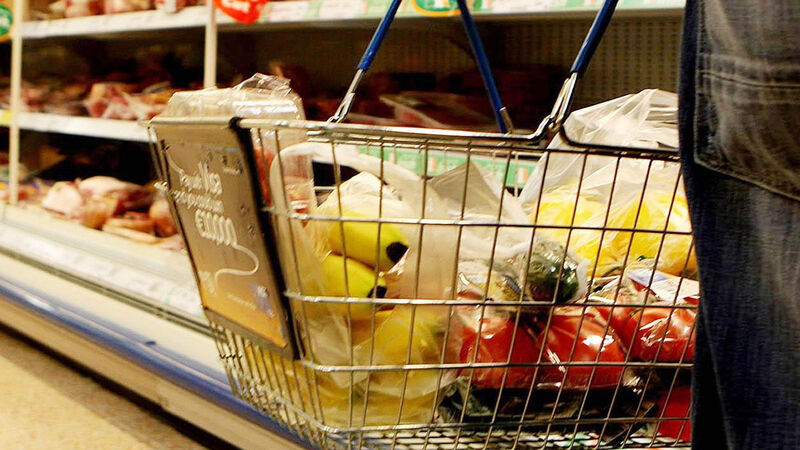ESRI: Finances in good shape to fund any new household inflation support

As energy, utilities, and groceries soar in price, Ireland's healthy public finances should provide scope for the Government to help vulnerable households, according to Prof Kieran McQuinn. Stock picture: Julien Behal/PA














